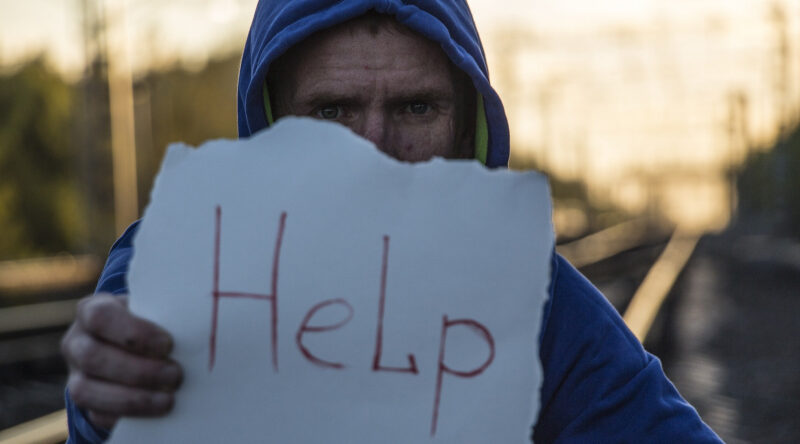Jesus answered them, “Truly I tell you, if you have faith and do not doubt, you will not only do what was done to the fig tree, but even if you tell this mountain, ‘Be lifted up and thrown into the sea,’ it will be done. And if you believe, you will receive whatever you ask for in prayer.”
—Matthew 21:21-22 CSBNow the entire group of those who believed were of one heart and mind, and no one claimed that any of his possessions was his own, but instead they held everything in common. With great power the apostles were giving testimony to the resurrection of the Lord Jesus, and great grace was on all of them. For there was not a needy person among them because all those who owned lands or houses sold them, brought the proceeds of what was sold, and laid them at the apostles’ feet. This was then distributed to each person as any had need.
—Acts 4:32-35
If the Church in America wants to stem the tide of declining attendance, restoring supernaturalism isn’t the only fix.
“Can’t someone do something?” seems to be the biggest lament I see across the web. People have lost faith in institutions that can’t live up to their promises. Law enforcement is hamstrung to control indiscriminate crime and vandalism, City governments can’t control vagrancy and the trashed condition of their streets. Legislatures seem incapable of passing laws the average person needs. Job agencies can’t find people work. Companies charge us more and yet give us smaller portions of worsening quality.
Every institution we used to count on can’t seem to get its act together. In the middle of all this entropy, you would think the Church would be a bastion of efficacy.
But if so, why are people leaving our churches?
I read many articles about the state of the Church in America, and it never fails that when someone wants to point a finger of blame at anyone for the Church’s declining attendance and iffy discipleship, it’s always pointing at the people in the pews. Then when you find out who the author of the article is, it never fails to be either a church leader or an outsider journalist.
Hmm.
People will be loyal and will stick around if they…
- Feel wanted and needed.
- Have an opportunity to make a difference.
- Find what they need.
It’s really that simple. If those three things are not being met, people won’t stay.
How easy it is to pass that off as selfishness, and sadly, that often happens. That’s one of the blame points, that people are only in something for their own needs.
But why wouldn’t they be?
Check out that passage in Acts 4 above about the early Church, and note this:
For there was not a needy person among them…
People were getting their needs met in the early Church. They prayed for this and that, and this and that happened. People came in with an expectation of awe, and they experienced awe. They needed signs and wonders, and they got signs and wonders. They came in with financial and personal needs, and they got financial and personal needs met.
People won’t leave when the group has got their back and they know it.
It worries me that many churches seem devoid of power, whether that’s powerlessness in the Spirit, powerlessness in addressing the needs of people, or powerlessness in the face of the entropy of the age.
But why is this?
One sad trend that has perplexed me for as long as I have been writing about the American Church is the growing prayerlessness of our churches.
Consider this thought experiment…
A church leader decides that instead of 20 minutes of worship music and less than five minutes of corporate prayer, the church will do 20 minutes of prayer together and five minutes of worship. It may even mean soliciting prayer needs from the people in the seats so the church as a whole can pray for those needs.
Now, do you think that will change anything?
I think that literally everything that should happen in the life of the Christian and the church that Christian attends should begin and end with prayer. If we are not praying, then we should not be starting anything. If we are not praying, then we should not be expecting anything. And if we are not praying, then we are contributing to powerlessness in all its forms.
Yes, there remain practical responses to needs, but have we ever considered that the practical responses arise out of prayer? That prayer is the soil from which fruitfulness springs?
How do we overcome powerlessness as a Church? When the Church makes up its mind to pray with genuine faith.
Church leaders, you are the ones who must lead this turn to prayer. The onus is on you and no one else. If you’re not leading meaningful prayer time in your assemblies, you are failing your church. And I’ll go out on a limb here and say that if your church spends less than five minutes of its assembly time in corporate prayer for real needs, then that’s a fail.
No church will have problems keeping people when its prayers are powerful and efficacious. Believe it.


